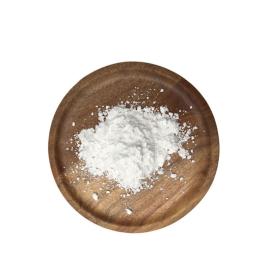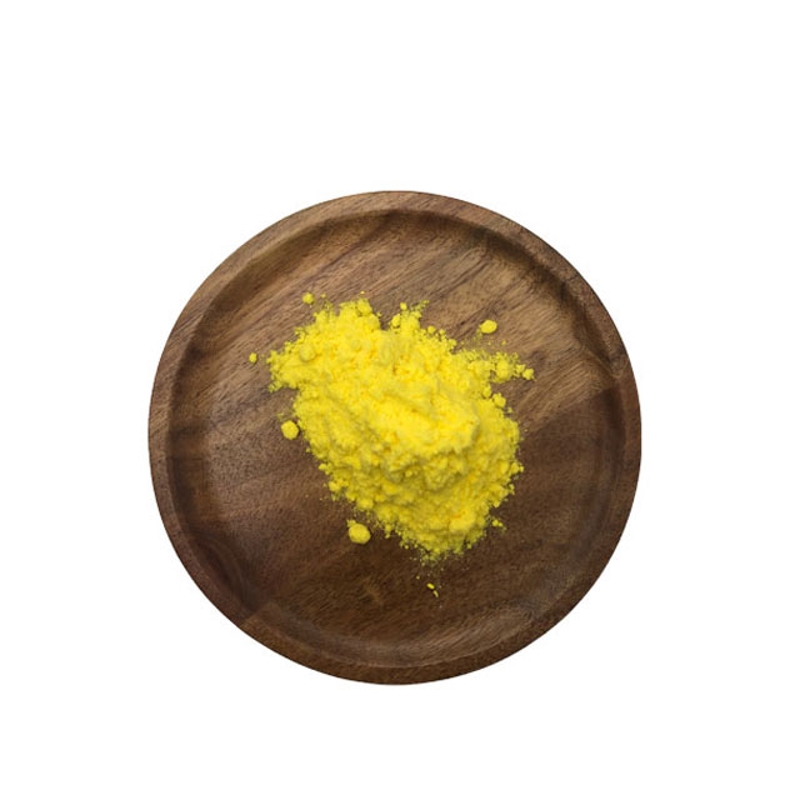-
Categories
-
Pharmaceutical Intermediates
-
Active Pharmaceutical Ingredients
-
Food Additives
- Industrial Coatings
- Agrochemicals
- Dyes and Pigments
- Surfactant
- Flavors and Fragrances
- Chemical Reagents
- Catalyst and Auxiliary
- Natural Products
- Inorganic Chemistry
-
Organic Chemistry
-
Biochemical Engineering
- Analytical Chemistry
- Cosmetic Ingredient
-
Pharmaceutical Intermediates
Promotion
ECHEMI Mall
Wholesale
Weekly Price
Exhibition
News
-
Trade Service
Written | Edited by Wang Cong | Typesetting by Wang Duoyu | Yes-Associated Protein (Yes-Associated Protein), a core effector of the Hippo signaling pathway, is a multifunctional intracellular connexin and transcriptional co-activator, in normal organisms The cell plays a role in signal transduction and gene transcription regulation
.
Many studies have shown that YAP is involved in tumorigenesis and development, and plays the role of oncogene in the body.
Increased expression and activity of YAP can promote malignant transformation of cells
.
On July 15, 2021, researchers from Mount Sinai Hospital in Toronto and the University of Toronto published a research paper titled Binary pan-cancer classes with distinct vulnerabilities defined by pro- or anti-cancer YAP/TEAD activity in Cancer Cell
.
The study showed that all cancers can be divided into two categories based on the presence or absence of YAP protein.
This discovery provides a new strategy for the treatment of the most aggressive and incurable types of cancer
.
As an important regulator and effector of the Hippo signaling pathway, YAP plays an important role in the formation of malignant tumors.
YAP exists in all cancers, regardless of whether its expression is turned on or off
.
This is related to its drug sensitivity or drug resistance
.
When culturing cancer cells in the laboratory, the cancer cells are either suspended or adherent, and YAP is its main regulator.
All suspended cancer cells are YAP expression turned off (YAPoff), and all adherent cells They are all turned on by YAP expression (YAPon).
This change in cell adhesion behavior is related to drug resistance and invasiveness, which indicates that YAP is the key to this change in drug resistance and malignant transformation
.
In cancer cells, the closing or opening of YAP has the opposite effect of promoting or suppressing cancer.
For YAPon cancer, the presence of YAP is required to grow and survive, while for YAPoff cancer, the presence of YAP can inhibit cancer cell growth
.
The research team also found that YAPoff cancers are usually highly lethal, such as retinoblastoma, small cell lung cancer, and neuroendocrine prostate cancer
.
Some cancers such as prostate cancer and lung cancer can also transition from YAPon state to YAPoff state to resist treatment
.
Therefore, the method of preventing this YAP state transition can be an effective method of preventing drug resistance
.
In general, this study shows that all cancers can be divided into two categories based on the presence or absence of YAP protein-YAPon cancer and YAPoff cancer
.
This simple binary classification may have a profound impact on cancer treatment, and can be used to infer the vulnerability of cancer, develop new therapies, and improve the effectiveness of cancer treatment
.
Link to the paper: https://doi.
org/10.
1016/j.
ccell.
2021.
06.
016E Pharmaceutical World, a sister number launched by Biological World, focuses on industrialization reports and excavations in the pharmaceutical field, focusing on gene therapy, cell therapy, and antibody drugs And other fields, welcome to pay attention
.
Click on the card below to view and follow Open Reprint This article Open Reprint: Just leave a message in this article and let us know
.
Many studies have shown that YAP is involved in tumorigenesis and development, and plays the role of oncogene in the body.
Increased expression and activity of YAP can promote malignant transformation of cells
.
On July 15, 2021, researchers from Mount Sinai Hospital in Toronto and the University of Toronto published a research paper titled Binary pan-cancer classes with distinct vulnerabilities defined by pro- or anti-cancer YAP/TEAD activity in Cancer Cell
.
The study showed that all cancers can be divided into two categories based on the presence or absence of YAP protein.
This discovery provides a new strategy for the treatment of the most aggressive and incurable types of cancer
.
As an important regulator and effector of the Hippo signaling pathway, YAP plays an important role in the formation of malignant tumors.
YAP exists in all cancers, regardless of whether its expression is turned on or off
.
This is related to its drug sensitivity or drug resistance
.
When culturing cancer cells in the laboratory, the cancer cells are either suspended or adherent, and YAP is its main regulator.
All suspended cancer cells are YAP expression turned off (YAPoff), and all adherent cells They are all turned on by YAP expression (YAPon).
This change in cell adhesion behavior is related to drug resistance and invasiveness, which indicates that YAP is the key to this change in drug resistance and malignant transformation
.
In cancer cells, the closing or opening of YAP has the opposite effect of promoting or suppressing cancer.
For YAPon cancer, the presence of YAP is required to grow and survive, while for YAPoff cancer, the presence of YAP can inhibit cancer cell growth
.
The research team also found that YAPoff cancers are usually highly lethal, such as retinoblastoma, small cell lung cancer, and neuroendocrine prostate cancer
.
Some cancers such as prostate cancer and lung cancer can also transition from YAPon state to YAPoff state to resist treatment
.
Therefore, the method of preventing this YAP state transition can be an effective method of preventing drug resistance
.
In general, this study shows that all cancers can be divided into two categories based on the presence or absence of YAP protein-YAPon cancer and YAPoff cancer
.
This simple binary classification may have a profound impact on cancer treatment, and can be used to infer the vulnerability of cancer, develop new therapies, and improve the effectiveness of cancer treatment
.
Link to the paper: https://doi.
org/10.
1016/j.
ccell.
2021.
06.
016E Pharmaceutical World, a sister number launched by Biological World, focuses on industrialization reports and excavations in the pharmaceutical field, focusing on gene therapy, cell therapy, and antibody drugs And other fields, welcome to pay attention
.
Click on the card below to view and follow Open Reprint This article Open Reprint: Just leave a message in this article and let us know







